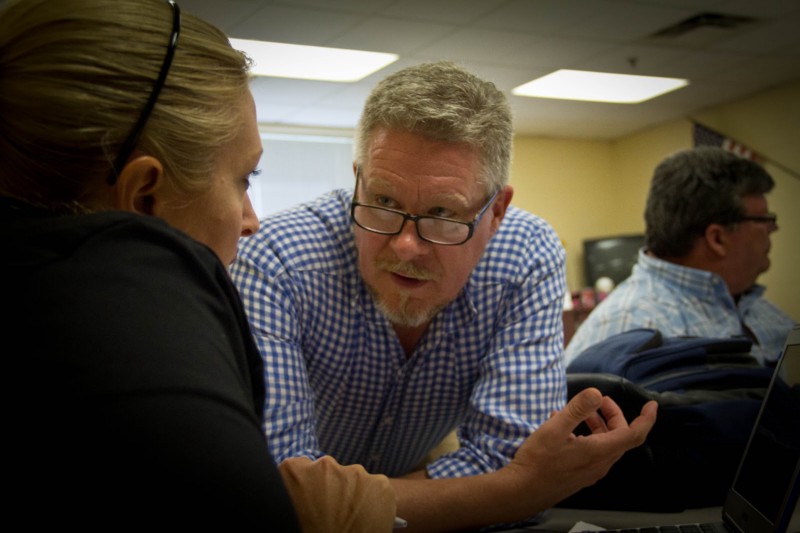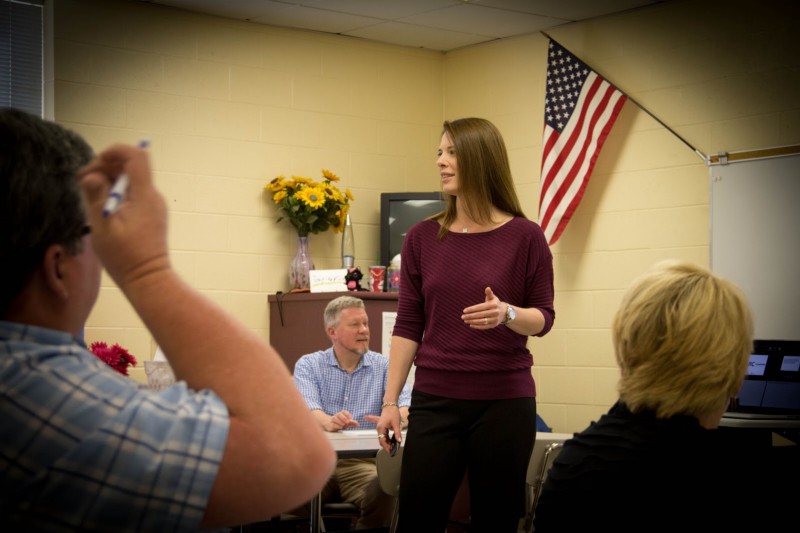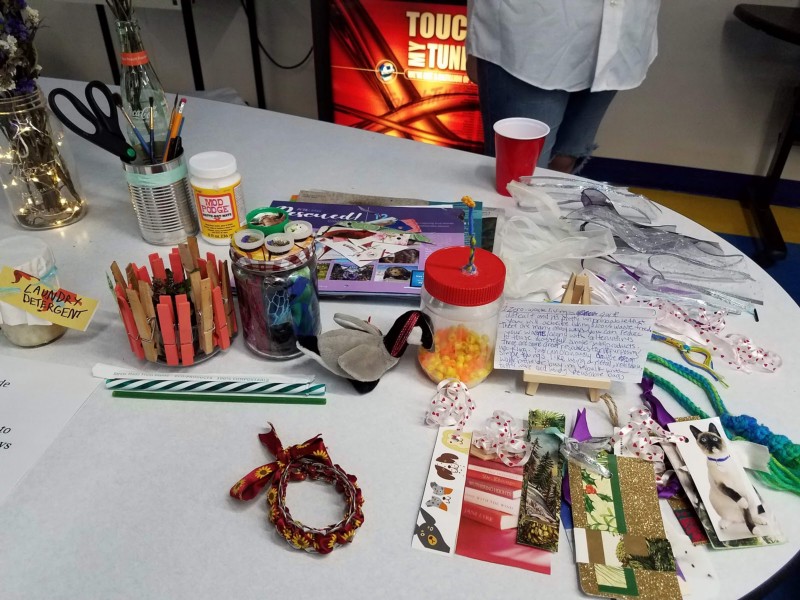Project-based learning (PBL) proves to be more than a passing fad, advancing as a key pillar for the paradigm shift needed to transform education. With progressive, student-centered experiences shaping this “learning by doing” approach, the question now isn’t whether to implement PBL, it is how to best implement PBL and fight the complacency that even long-standing project-based schools seek to transcend. Dayna Laur and Tim Kubik, co-founders of Project ARC, find that “today’s young learners want the opportunity to co-create personalized learning arcs that work for them,” and believe students are highly capable of doing so. However, they question whether “today’s adult learners are as confident about learning how to do that with them.” They have each made it their life’s work to guide that journey.
Project ARC serves as the potential difference in educator professional development (PD) by moving beyond the traditional “drive-by” PD sessions. Instead, Project ARC invites local leaders and community partners to help educators with continual PBL design work. Project ARC’s signature talent triangle value proposition investigates how to leverage partnerships between technical experts, teachers and technology to cultivate authentic, complex learning. In sponsoring the Talent Trio Awards for the Close It Summit, Project ARC is offering a $1,000 grant per trio to support and celebrate teams pushing the boundaries of community partnerships. Rolling applications open through August 15th for a chance to win!

PBL between the bookends
Author of Unprepared for What We Learned Tim Kubik states, “In education, we see a lot of talking heads. Usually, when teachers bring in technical experts, it’s at the beginning of a project to give the challenge context. Then they don’t bring them back until the end, to judge project expositions… But what we are really excited about is the potential of project collaborations with technical experts between the bookends.” In supporting educators through project planning for 30+ years, Tim and Dayna realize that by repositioning all three assets, technical experts, teachers, and technology, we can cultivate real-world learning opportunities for students and educators. Through data collection and research, small team project mentorships, personal feedback loops, and technologies meant to manage learning between the bookends, Tim and Dayna continue to raise the bar for schools interested in constant growth. With enduring support through these extended networks, schools who acknowledge the value of the talent triangle succeed in garnering long-term collaborations, investments and/or entrepreneurial partnerships within their local landscapes.

Bridging the gap between theory and application
While technical experts help bridge the gap between textbook knowledge and real-world application, teachers are critical stakeholders who, with the help of technology, co-create, mentor, and assess the stages of learning and development throughout each project. Assessment should similarly reside between the bookends, as assessment typically occurs during project initiation and completion, leaving little room for real evaluation in the middle where most learning manifests. The “Learning ARC” TM rubric offered by Project ARC explores assessment as a journey rather than a destination. Author Dayna Laur states, “The rubric looks at both the teacher and learner through the 5 Stages of Project Assessment,” which is further outlined in her new book releases, Authentic Project-Based Learning in Grades 4–8: Standards-Based Strategies and Scaffolds for Success and Authentic Project-Based Learning in Grades 9–12: Standards-Based Strategies and Scaffolds for Success. Beyond assessing problem and solution, the Learning ARC rubric is designed to help educators embrace differentiated development, where experts play a role in continued project work and where technology fits effectively into the equation, helping to extend language and understanding around PBL evaluation. While PBL educators are often left to their own devices when tracking student development, the talent triangle, supported by the Learning ARC rubric and paired with the right technology, can help streamline that process for all and bridge the gap between theory and application for deeper learning.
Where technology fits in the triangle
Technology plays an important role in our everyday classroom application of project-based learning. Educators often use technology to tell and test, with the internet and educational apps serving primarily to provide project context or to assess work. It is rare to find technology that tracks real student development over time, however, Project ARC has found that solution within Headrush. Headrush is a learning management system that “empowers students to craft their own learning journeys rather than prescribe a one-way roadmap,” states Headrush COO and Co-founder Shane Krukowski. “Our focus to streamline learning through process and experience over content consumption naturally intersects solving the challenge of how to interface efficiently with community partners involved in a student’s journey.” Technology has the potential for greater impact between the bookends as well, by fostering dialogue, engagement and strengthening our learning connections. Building trust between technical experts, teachers and even the technology we use will help us develop broader ecosystems of learning and community action.
With a future in flux and rapid changes approaching in the way we educate, work and live, we should respectively rethink the systems in which we operate. Project ARC is rethinking how we involve the community and industry networks in systemic change for the future of learning. Grounded in a united mission for authentic, relevant and complex learning, let’s reimagine education for a more connected world.

